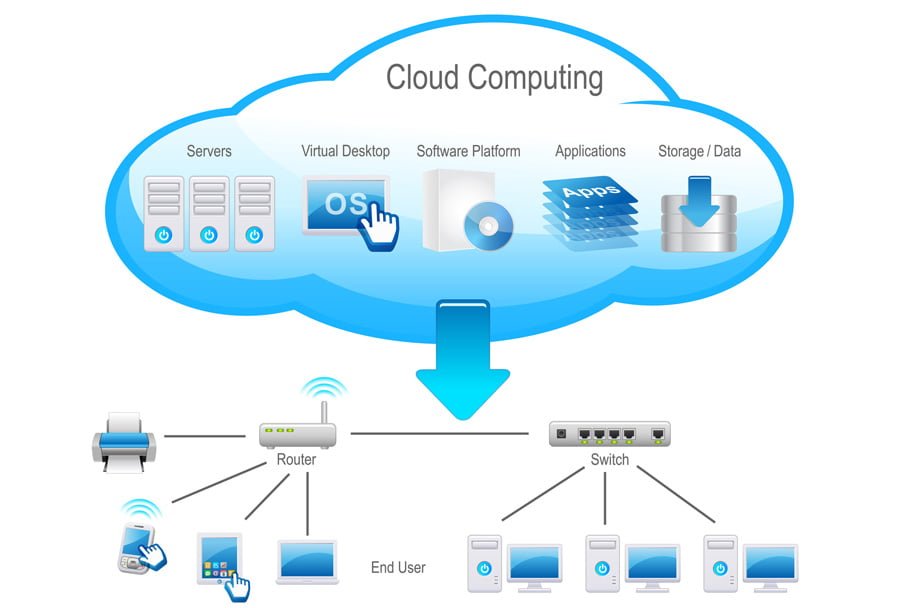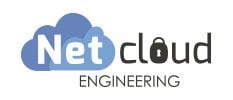In this post we will provide the most important information about Cloud Data Management, the cloud platform used by all and for all.
It is a different option to data manegement traditional, one whose suitability in terms of data storage and the possibilities of restoring items makes their use is given in all sectors.
What is a cloud platform?
This is nothing more than a Bundled Services cloud computing. These are varied but generally tend to respond to the needs of software development, computing and storage any business relying on tools to manage, related to safety and to optimize the development, all kinds of services data storage, big data, etc.
His execution is performed in the hardware that the vendor has and which have internet access or secure network connection.
Of course, each supplier is free to offer what you want, though, any good product cloud computing should include:
- PaaS: It allows you to have a scalable hosting with which you can develop your products to be ready to run.
- IaaS: An infrastructure designed to allow the user to have virtual computers that host workloads.
- Storage: Is represented by a plataforma cloud whose design allows storage of large data sets that are not structured. This is complemented by other storage options based relational or non-relational data, ie, SQL and NoSQL.
- Docker containers: You have resources to manage and orchestrate.

Advantages of Cloud Data Management
This system data management infrastructure in the Cloud:
- Is a scalable service. This means you can go hiring services as you need them, expanding them in type and amount as you advance in your business and allowing, in this way, the data management does not involve a limit for you.
- It has tremendous versatility in terms of structures. Data is shared both public and private clouds and, at the same time are stored locally.
- new capabilities are deployed.
- The support is ideal facing the support, being backed security, analysis, etc.
- Commercial capabilities are implemented in a much faster way.
- It is a form of innovation without risk.
- It has a global reach.
- Usually, there will be less expensive than using a traditional non-synchronized program.
- It has all these benefits while adopting any function required in traditional systems.
Drawbacks of data management in the cloud
These could be:
- Services are outsourced, so it is possible that in certain cases, can not access them nor to your content- if you do not have internet connection.
- The data is stored outside your organization.
- We depend on a supplier.









